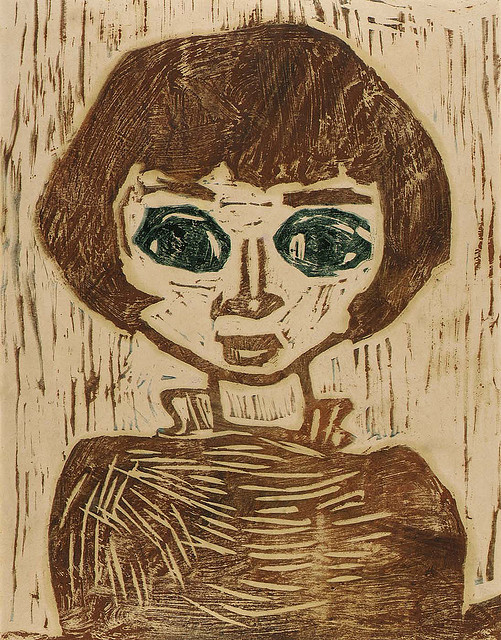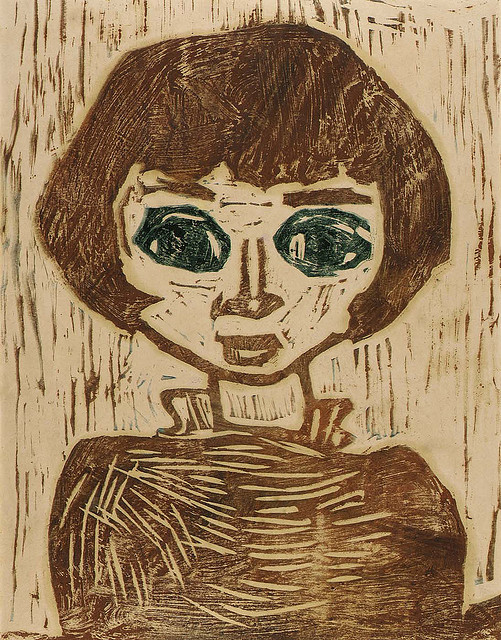I came to this country alone. I was still a vulnerable minor having lost my mother in a tragic attack back in Zimbabwe when I arrived in the UK but my escape wasn’t exactly pleasant. From bogus lawyers who hustled me out of thousands of pounds, to low scale manipulation and abuse from the community around me, seeking asylum was a challenging process that left me traumatised.
I now work as a community organiser helping churches, mosques, synagogues, colleges and universities. I teach powerless people to stand up and work together for the common good. I equip them with skills that will enable them to hold key decision makers and politicians to account.
In my line of work I bump into countless people who have suffered the injustices of the immigration system. To help me to assist these people, I recently attended the Women Fighting Back: international and legal perspectives conference organised by the Haldane Society of Socialist Lawyers, the European Association of Lawyers for Democracy World Human Rights (ELDH) and International Association of Democratic Lawyers.
I was shocked to learn how similar my experience of the asylum process was been to others in the room. From discriminatory rants at the hands of immigration officers, to unsympathetic judges, my experience was not unusual. A judge in my case even ruled against me because, as he stated in my refusal letter, I was ‘too articulate for a person who was seeking refugee status’.
Liz Davies, a barrister specialising in housing and homelessness law and vice president of the Haldane Society, opened up the panel discussion with a comment about the effect war has on women. She considered whether the pending decision on whether or not to join France and USA in the retaliation against Syria would be a sensible one. She said that it is often women who suffer more in war conflicts as they are more likely to be targets of rape and abuse in war time and that it is harder for them to get out as they are more likely to be carrying children.
Women are subjected to horrendous abuse and danger in their home countries and yet, even when they arrive in the UK, their conditions sometimes do not improve. Women are made to live on £36 a week in infested houses. Further, the culture of enforced destitution persists and in detention centres male staff can enter their rooms without knocking. Women are in danger of being made subject to sexual harassment, distress and self-harm as they are sometimes put in isolation cells.
Francis Webber, barrister and Vice-Chair of the institute of Race and Relations’ council of management, said:
‘We are now seeing an attitude of suspicion which we saw decades ago when the scandal of virginal examination existed in British immigration centres in Pakistan, India and sometimes Heathrow. Women that intended to join their spouses in the 1970s had to wait periods as long as two years to be granted entry. Today we see the same colonial logical ideologies that were built around racism and discrimination.’
In my experience, it is not just women’s needs that are ignored but also the difference in culture is generally not considered. It is important to note that most of people who come to seek refugee status are coming from cultures where there is not freedom to express certain issues verbally. This may explain why some women do not offer information at the earliest opportunity. When women finally feel able to offer information, their comments can be dismissed as being untrue simply because they were not communicated at an earlier date.
After living in Britain for over six years now I still have difficulties behaving a certain way or expressing myself in a certain way because I grew up in an environment where such things like menstruation and other conditions are not freely discussed. Upon arrival an individual must navigate the complex asylum process while simultaneously overcoming a state of trauma. This can lead to confusion and distrust which counts against them in the long run.
Now that Parliament has voted to join France and US in bombing Syria, the numbers individuals who are fleeing their home country will inevitably increase. Amongst them will be vulnerable women. At the same time, Theresa May, the Home Secretary, is talking about the problem of immigration and continues to encourage a hostile reception for migrants.
The excellent conference which I attended compounded my belief that we must take responsibility for the product of our actions. We must look after those who are desperate for our help and support women who are at their most vulnerable.







